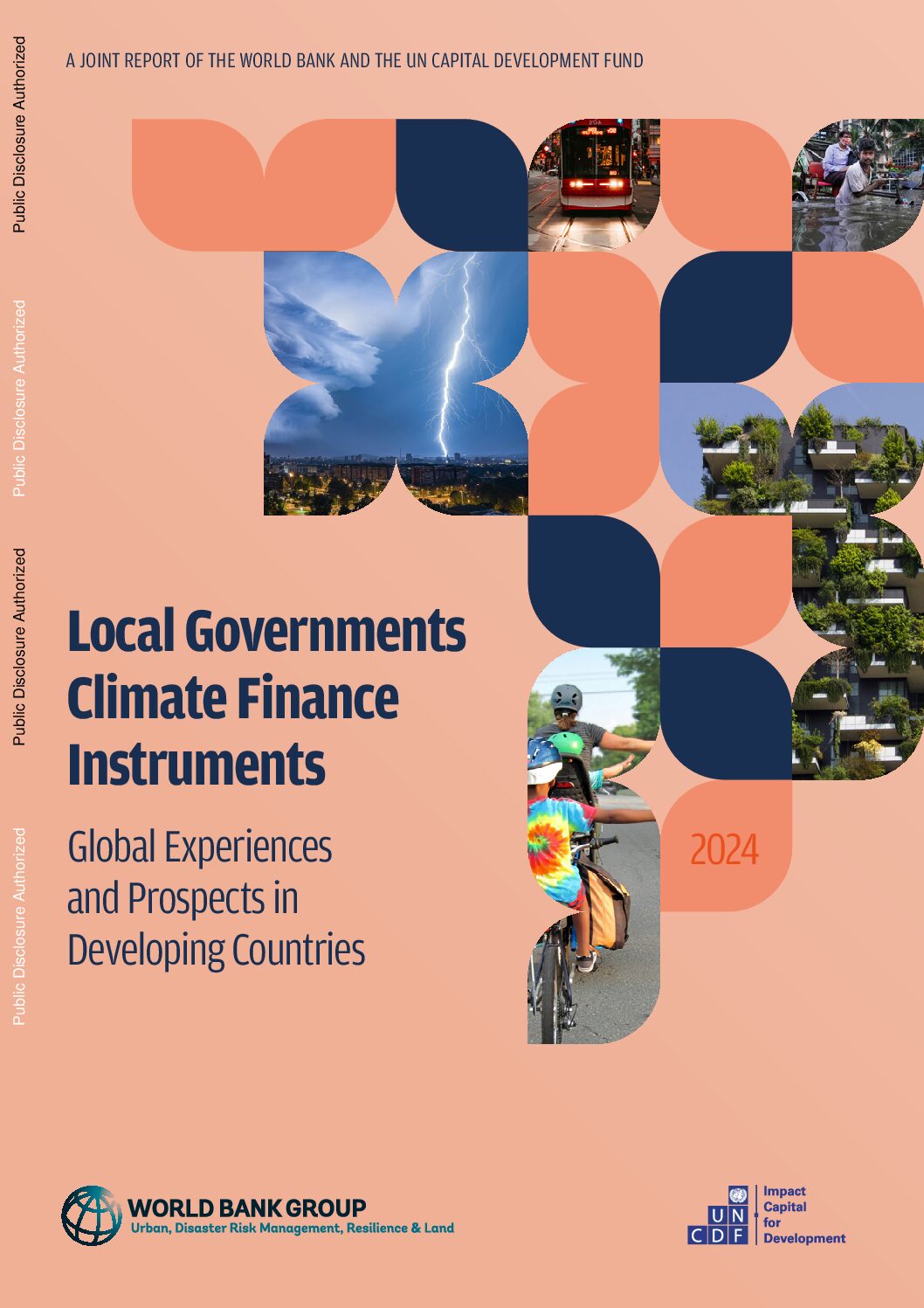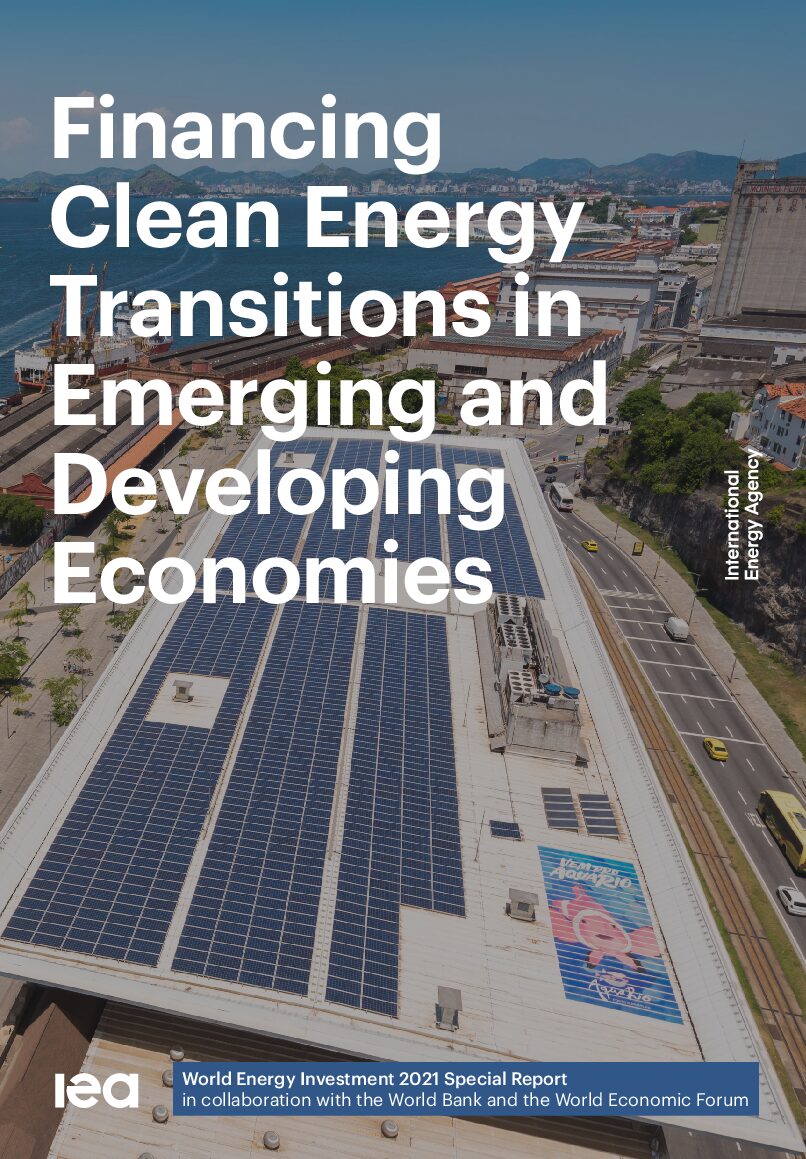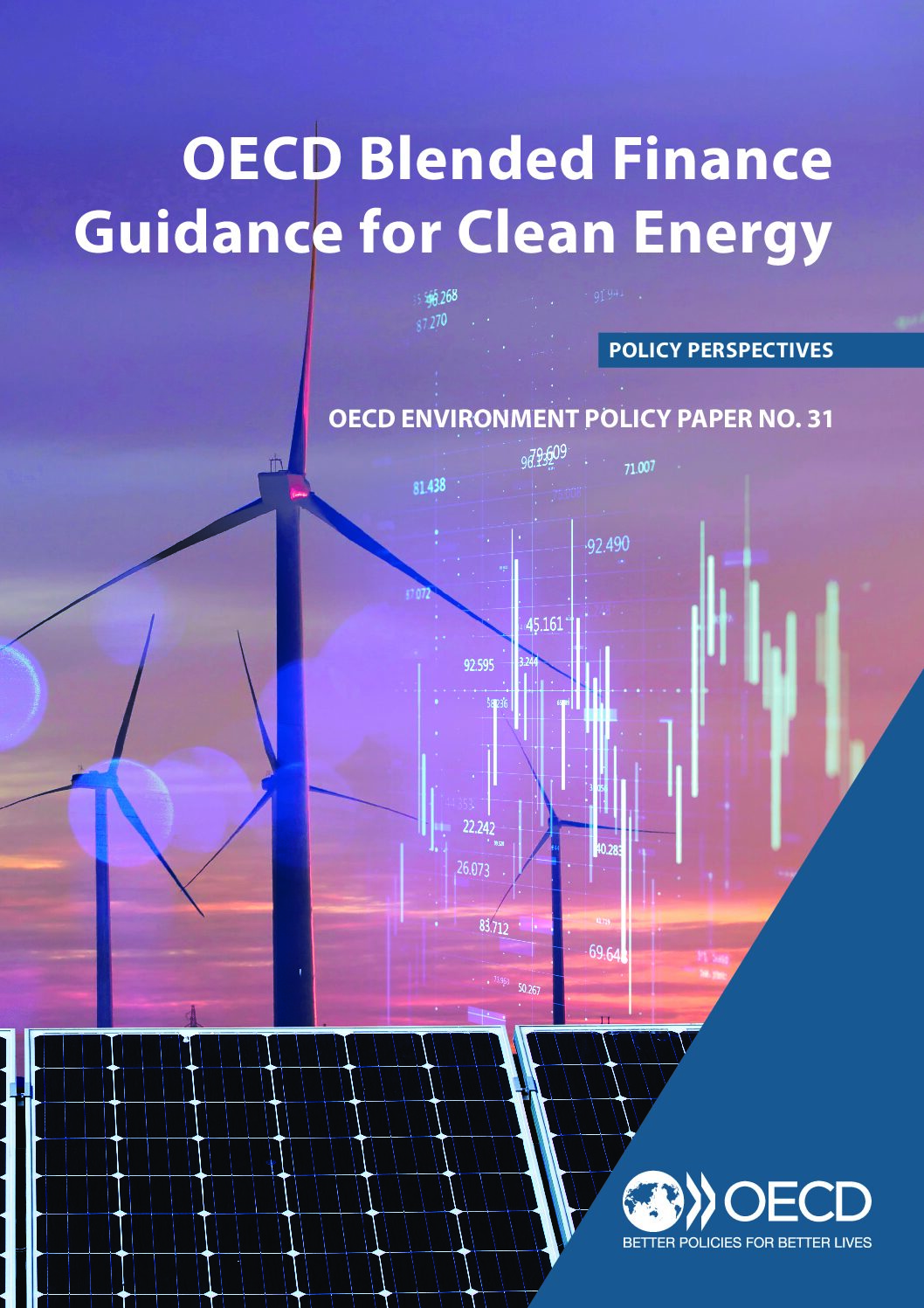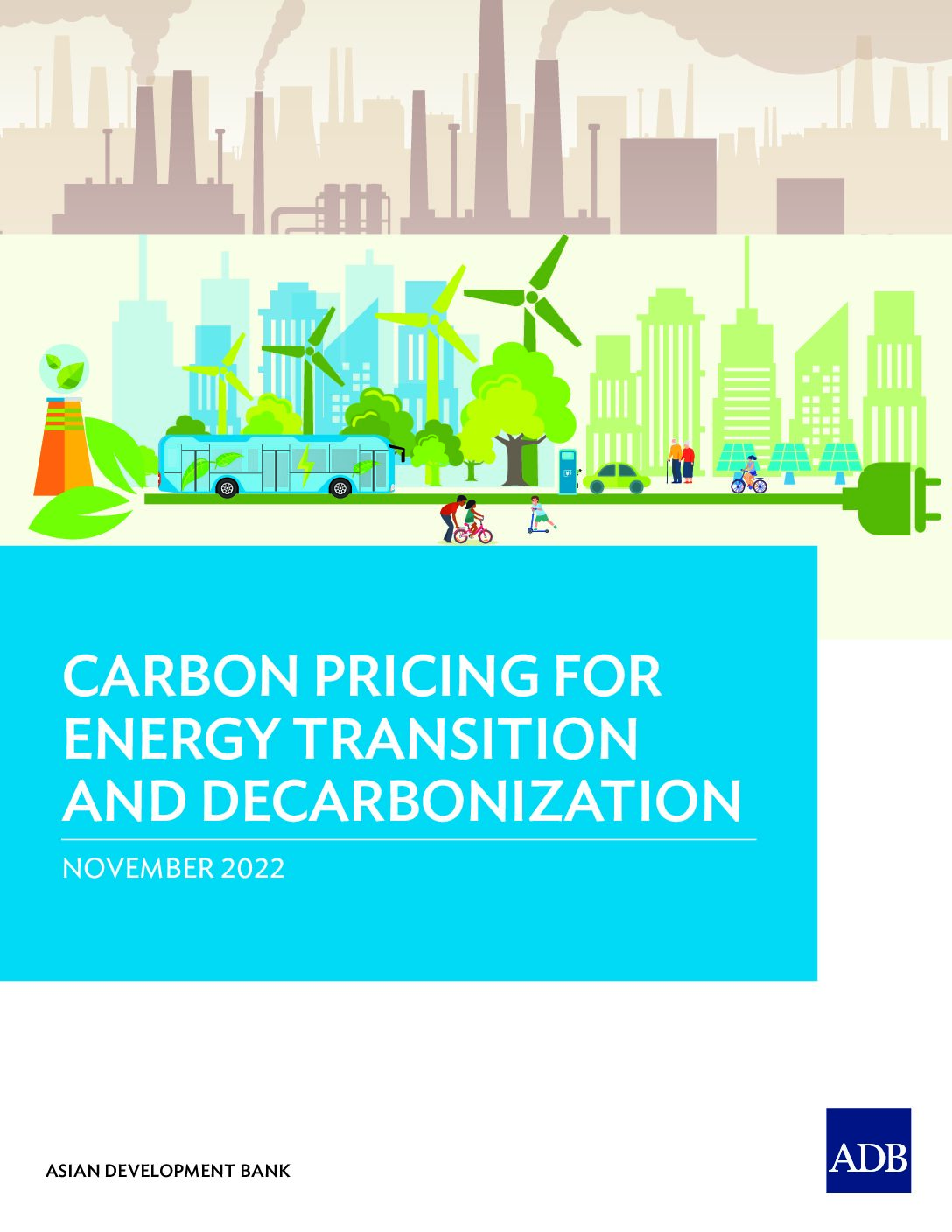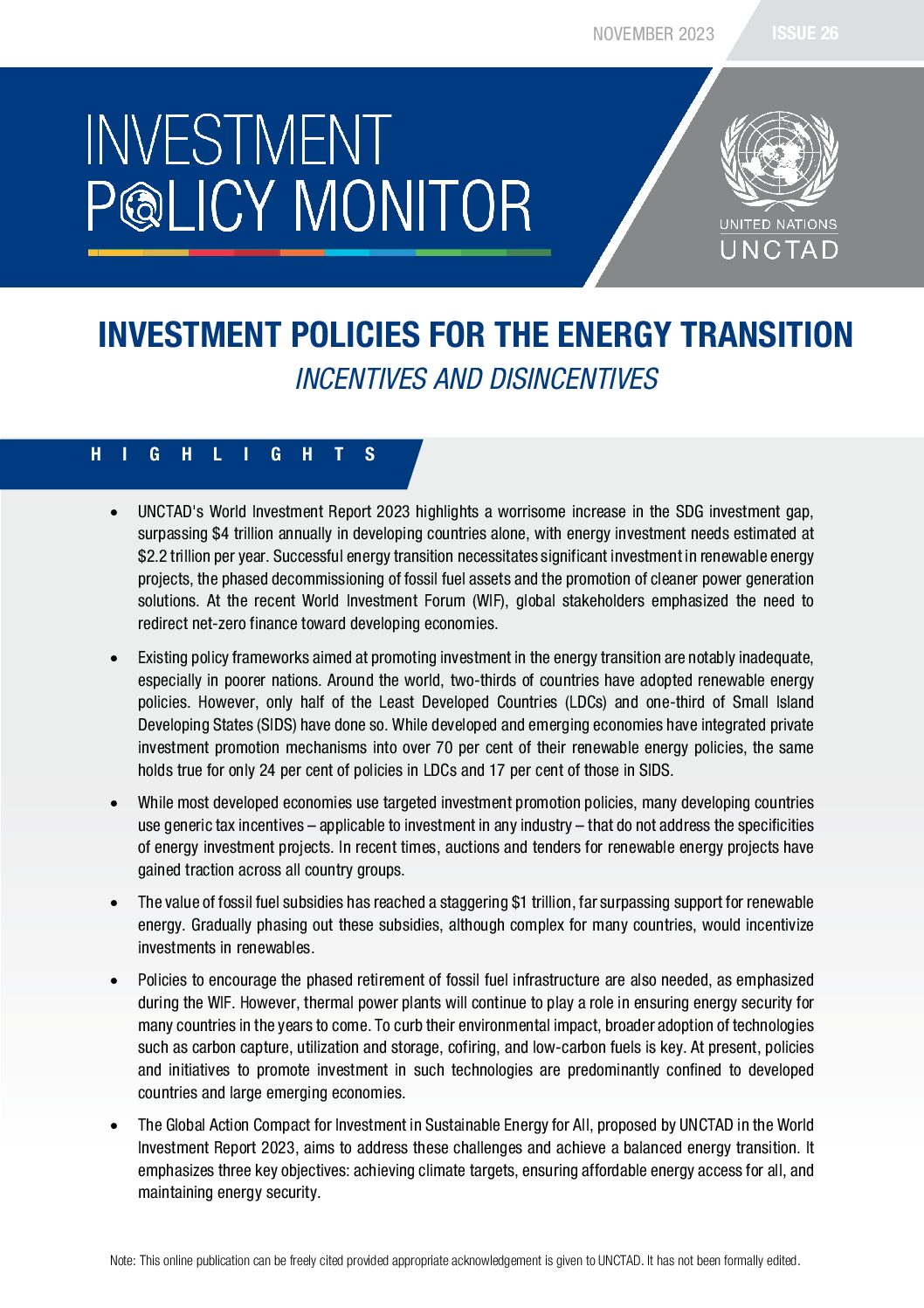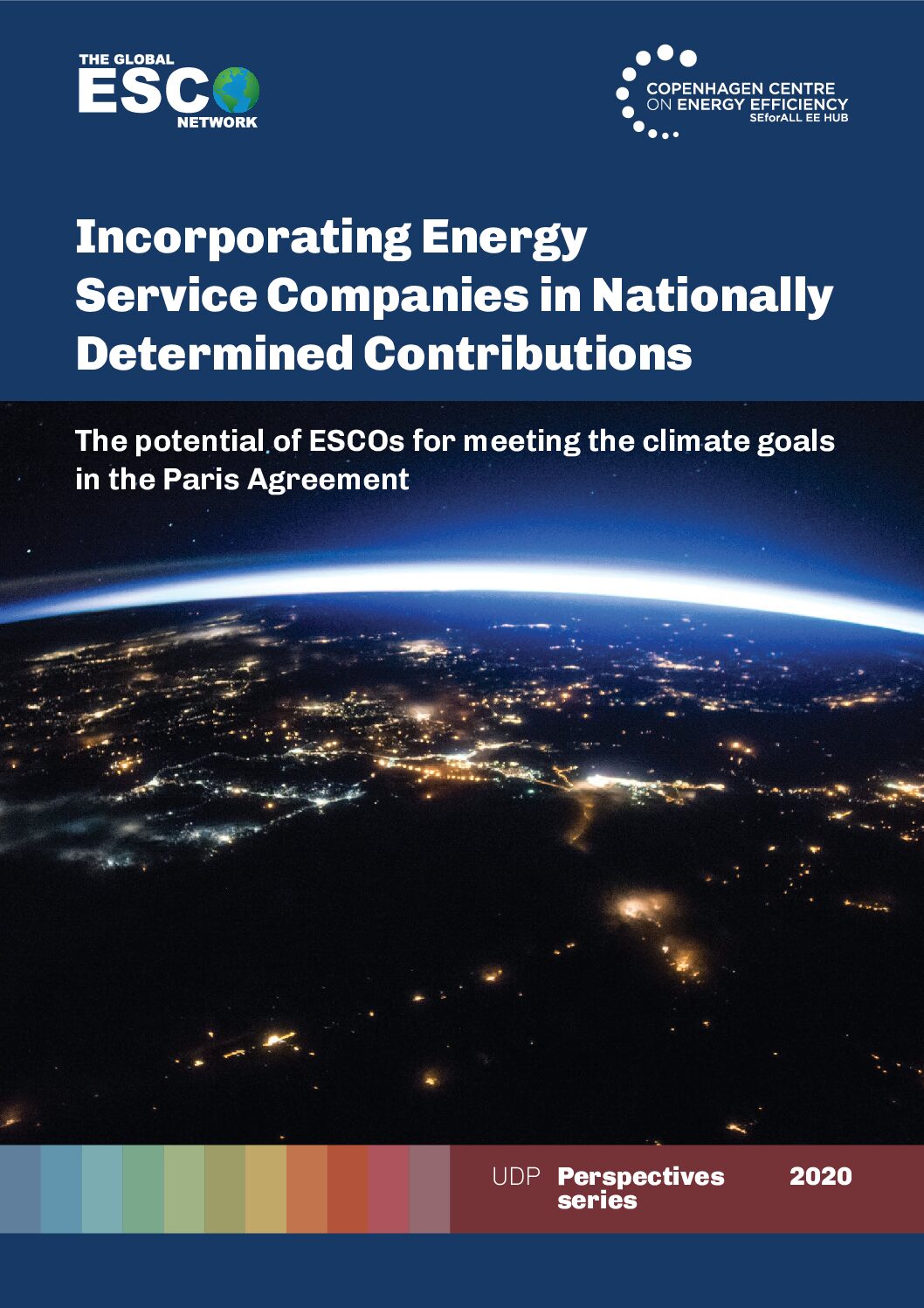This report aims to help local governments understand various financing instruments and sources available to them to meet climate investment needs.
This report presents key data trends in gender-responsive blended finance, examines five good-practice gender-responsive blended climate finance vehicles, and highlights key challenges and recommendations.
This report draws on nearly 50 case studies, on different energy transition-related sectors and issues and from all over the world, to distill recommendations for priority actions to get more investment flowing to under-served areas.
This paper shares lessons for donors, policymakers in beneficiary governments, and financial institutions on whether and how best to deploy blended finance in the clean energy sector.
This study offers insights on how well-designed carbon pricing instruments can play a role in accelerating efforts toward energy transition and decarbonization.
This report explores ways to identify and mitigate energy transition investment risks in the low- and middle-income countries, pointing out 1) that better energy planning can attract greater investment in renewable energy, 2) that sustainable fuels will play an important role in delivering the energy transition, and 3) that the social dimensions of the transition […]
This edition of the Investment Policy Monitor assesses the global landscape of fossil fuel subsidies and promotion of investment in the energy transition.
This report identifies the main risks and barriers limiting investment in the energy transition, supplying a toolkit for policy makers, public and private investors, and public finance institutions to scale up their investments in renewable energy.
This report identifies and analyses key risks and barriers to private-sector investment in interconnected mini-grids in Nigeria, and evaluates policy and financial instruments designed to address them.
This report provides perspectives on the potential role of ESCOs in developing and implementing ambitious NDCs.

